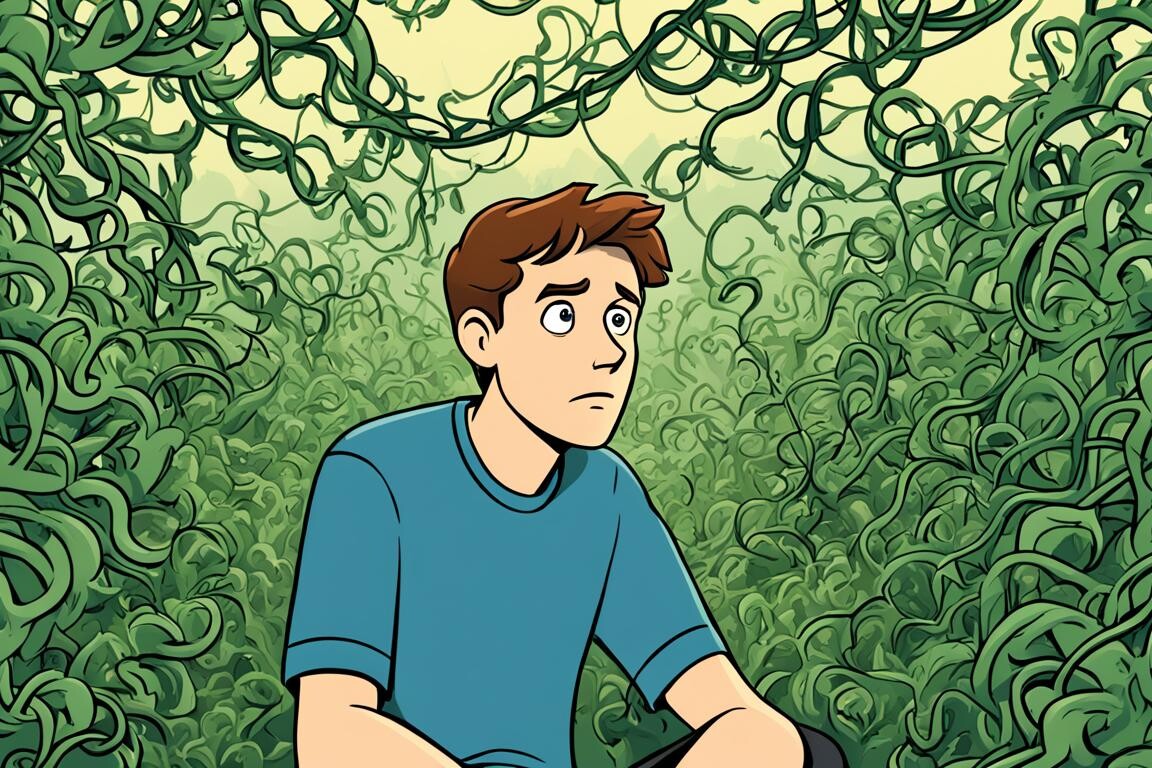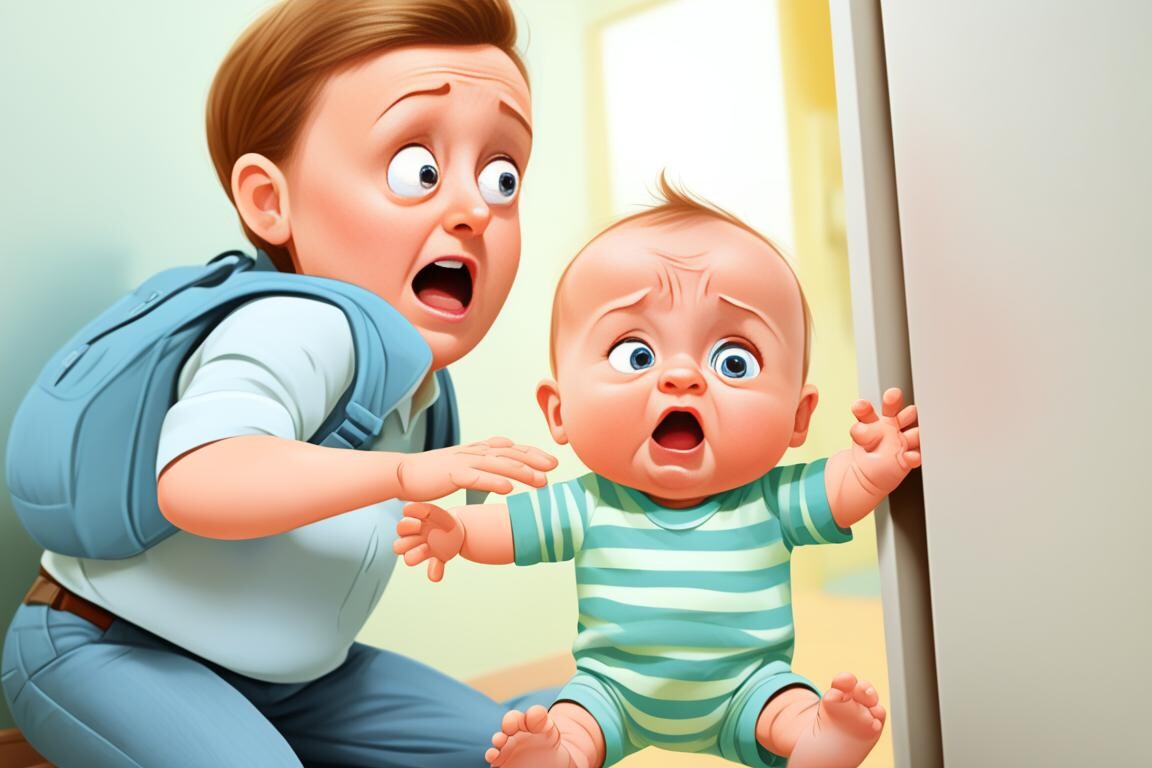Mental illness is a growing public health concern worldwide, including India. Due to its diverse population and unique socio-cultural challenges, India faces an intricate mental health landscape. This blog will examine the incidence, prevalence, symptoms and available treatments of mental illness in India in an attempt to shed light on an often ignored but extremely significant issue. Mental health disorders encompass an array of conditions which affect an individual’s thoughts, emotions and behaviours in various ways.
Table of Contents
ToggleIncidence and Prevalence:
- Mental illnesses, including anxiety and depression, profoundly affect individuals’ well-being and daily functioning.
- Despite their widespread impact, social stigma, lack of awareness, and limited resources often lead to underdetection and undertreatment.
- Social stigma and misconceptions surrounding mental health contribute to underestimated prevalence estimates, hindering timely intervention and treatment.
Anxiety And Depression Symptoms
- Anxiety disorders, such as generalized anxiety disorder and social anxiety disorder, manifest as excessive worry, rapid heart rate, and restlessness, significantly impairing daily functioning.
- Depression, characterized by persistent sadness, changes in sleep and appetite patterns, and feelings of worthlessness, affects individuals across various age groups and backgrounds.
Depression is one of the most widespread mental health disorders in India and affects an enormous proportion of Indians across various age groups. Its symptoms include persistent sadness, loss of interest in activities previously enjoyed, sleeping disturbances and changes in appetite as well as feelings of worthlessness or guilt.
Keeping these symptoms under control may require professional assistance for proper diagnosis and Treatment Of Depression.
Anxiety Disorders
Anxiety disorders are unfortunately very prevalent in India, particularly generalized anxiety disorder, panic disorder and social anxiety disorder. People suffering from such conditions experience excessive worry, fear and physical symptoms like rapid heart rate, sweating, shortness of breath and restlessness – these conditions have an immense negative impact on daily functioning and quality of life requiring early intervention with appropriate treatments to ensure its continued existence.
Bipolar Disorder:
Bipolar disorder is characterised by extreme mood swings that oscillate between depressive and manic-hypomanic episodes, creating extreme emotional roller coasters for individuals suffering with it. They may experience elevated mood, energy, impulsive behavior, deep sadness and loss of interest – disrupting daily life and interpersonal relationships, necessitating comprehensive management and support services to manage them effectively.
Schizophrenia
Schizophrenia is a severe mental disorder, impacting an individual’s thoughts, emotions, and behavior. People living with schizophrenia may experience hallucinations, delusions, disorganized thinking patterns, lack of motivation or initiative and many more symptoms that require long-term support to manage symptoms effectively and improve overall functioning. To effectively treat and support those living with this complex condition.
Understanding the incidence and prevalence of mental health disorders in India is critical for creating effective strategies and resources to tackle mental illness. By raising awareness, reducing stigma, and offering accessible mental healthcare services we can support individuals on their journey toward mental wellbeing while creating a healthier society overall.
Treatment of Anxiety and Depression:
Seeking professional assistance is critical when experiencing mental health disorders and substance use disorders. In India, various options exist to address both conditions simultaneously and promote recovery
Medication:
Psychiatrists may prescribe medications to manage symptoms and balance mood. Depending on your specific diagnosis, antidepressants, anti-anxiety drugs, mood stabilizers and antipsychotics may be used as part of treatment plans to address co-occurring mental health and substance use disorders; such medications can alleviate symptoms while simultaneously decreasing cravings and improving overall well-being.
Psychotherapy
Psychotherapy (or talk therapy) is an integral component of mental health and substance use disorders treatment, including cognitive-behavioral therapy (CBT), dialectical behavior therapy (DBT), and interpersonal therapy. Through therapy sessions such as these individuals are able to understand what factors may contribute to their conditions while creating healthy coping mechanisms and improving overall quality of life.
Support Groups
Support groups offer individuals a safe and nonjudgmental space in which to share their experiences, gain strength from others with similar challenges, and learn from those who have gone through similar trials. Peer support is an integral component of recovery as it fosters community spirit, reduces feelings of isolation, promotes accountability and binds together those suffering from dual diagnosis by creating a space to address both their mental health needs as well as substance use issues simultaneously. Support groups may especially be beneficial for people living with mental illness/substance abuse co-occurring simultaneously.
Lifestyle Modifications
Leading a healthy lifestyle is key in treating mental and substance use disorders, from regular physical exercise, getting enough restful sleep and eating properly to engaging in mindfulness practices like yoga or meditation rooted in ancient Indian traditions which can help individuals manage stress better while increasing self-awareness and improving mental wellbeing.
Addressing mental health and substance use disorders requires a holistic and integrated approach. To meet the unique needs of individuals with dual diagnosis, integrated care that addresses both their mental health symptoms and substance abuse concerns must be provided. Medication, psychotherapy, support groups, lifestyle modifications are effective tools for recovery; combined with medications or lifestyle modifications individuals can embark on their path of recovery and take back control over their lives. Providing accessible yet specialized treatment options will give people what they need to overcome challenges successfully and lead fulfilling lives.
Conclusion:
Mental illness is a significant problem in India, and understanding its incidence, prevalence, symptoms and available treatments is of critical importance. Raising awareness, combatting stigma and expanding access to quality mental healthcare services nationwide are necessary steps towards creating a healthier future where mental well-being and illness are treated with equal urgency as physical ailments. Seeking help shows strength; recovery is achievable with support and treatment from professionals.
About The Author

Medically reviewed by Dr. Chandril Chugh, MD, DM (Neurology)
Board-Certified Neurologist
Dr. Chandril Chugh is a U.S.-trained, board-certified neurologist with expertise in diagnosing and managing neurological disorders, including migraines, epilepsy, Parkinson’s disease, and movement disorders. His clinical focus includes evidence-based neurological care and patient education.
All content is reviewed for medical accuracy and aligned with current neurological guidelines.






